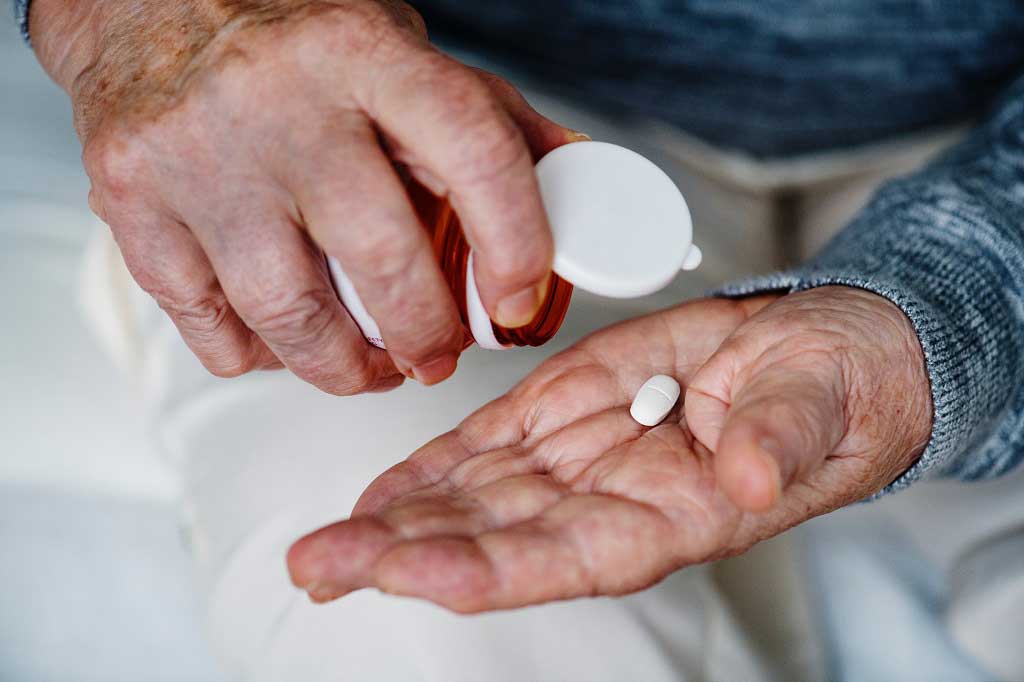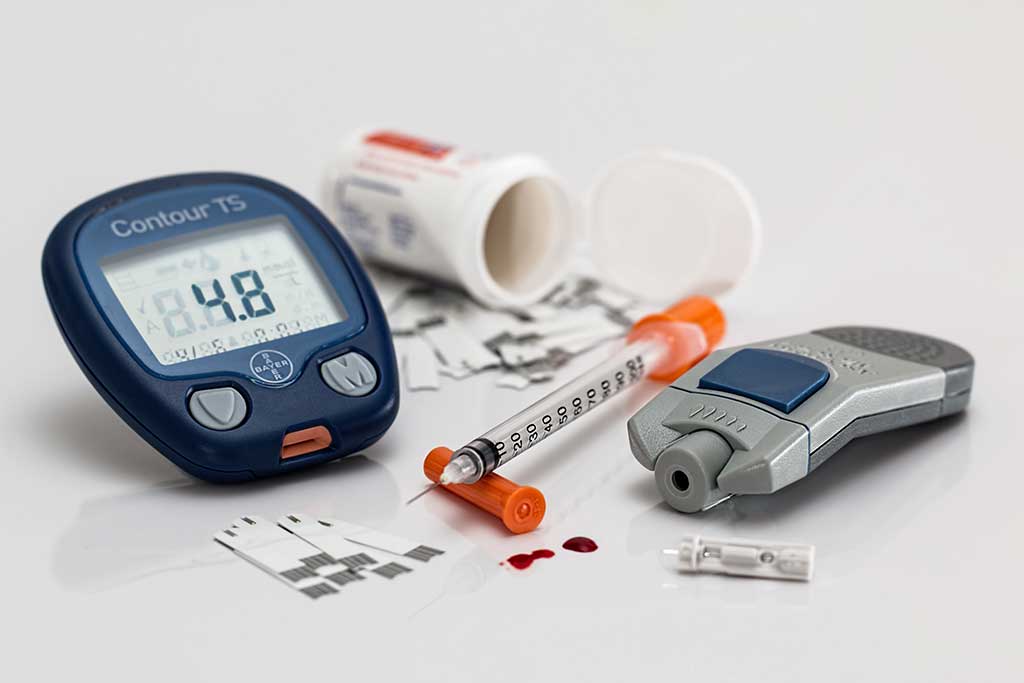Review calls for global action to tackle antibiotic resistance crisis
Medication
"Superbugs will kill someone every three seconds by 2050 unless the world acts now," BBC News reports. A review commissioned by the UK government says wide-ranging action is required at a global level to prevent a post-antibiotic future…
"Superbugs will kill someone every three seconds by 2050 unless the world acts now," BBC News reports.
A review commissioned by the UK government says wide-ranging action is required at a global level to prevent a post-antibiotic future.
The review panel, chaired by economist Jim O'Neill, warns that without global action, antibiotic resistance will become a "devastating problem" by 2050, responsible for an estimated 10 million deaths a year.
Surgery could also carry a much higher risk of complications because of the possibility of infection.
What is antibiotic resistance?
Antibiotics are often used to treat bacterial infections and are a cornerstone of infectious disease care.
However, bacteria evolve in response to their environment. Over time, they can develop mechanisms to survive a course of antibiotic treatment.
This "resistance" to treatment starts as a random mutation in the bacteria's genetic code, or the transfer of small pieces of DNA between bacteria.
If the mutations are favourable to them, they are more likely to survive treatment and be able to replicate, and are therefore more likely to pass on their resistant nature to future generations of bacteria.
When taken correctly, antibiotics will kill most non-resistant bacteria, so these resistant strains can become the dominant strain of a bacterium. This means that when people become infected, existing treatments may be unable to stop the infections.
What recommendations does the review make?
The review makes 10 recommendations, outlined below.
Launch a massive global public awareness campaign
The issue of antibiotic resistance is still not fully appreciated, especially in the developing world, where antibiotics are often sold without prescription.
The review estimates that a successful global campaign could be mounted for around $40 to $100 million a year, a fraction of the advertising costs for products like pet food or chocolate.
Improve hygiene and prevent the spread of infection
Improving access to clean water and sanitation, promoting best practice in hospital infection control, and simply encouraging people to wash their hands will all help prevent infection.
Reduce unnecessary use of antibiotics in agriculture
The US Food and Drug Administration estimates 70% of medically useful antibiotics are actually sold for use in animals.
It argues that critically important antibiotics should be restricted from animal sales.
Improve global surveillance of drug consumption and resistance
Governments need to share data on antibiotic consumption and levels of resistance, and the biological reasons underpinning the two. Poorer countries should be given assistance in gathering data.
Promote new rapid diagnostic tests to reduce unnecessary use of antibiotics
Many antibiotics are prescribed in cases when a bacterial infection hasn't been confirmed, as a precaution. New types of tests could help prevent this.
The review hopes that by 2020, in wealthy countries antibiotics would only be prescribed if a bacterial infection had been confirmed through testing.
Promote the development and use of vaccines and alternatives
Encouraging the take-up of existing vaccines, as well as providing incentives for the creation of new ones, should help reduce the demand for antibiotics.
There also may be alternative interventions that can help prevent infections occurring.
Improve the number, pay and recognition of people working in infectious diseases
Infectious disease health professionals tend to be paid less than their peers working in other fields.
A similar pattern can be seen in both private and public sector workers involved in infection research.
Establish a Global Innovation Fund for early-stage and non-commercial research
The review recommends that a Global Innovation Fund, endowed with $5 billion over the next five years, should be set up to fund "blue sky" research – research that may not have an immediate commercial application, but could lead to breakthroughs in the future.
Better incentives to promote investment for new drugs and improve existing ones
There is currently not a great deal of profit in antibiotic research, so pharmaceutical companies should be encouraged by meaningful incentives, such as a reward for bringing a new drug to market.
Build a global coalition for real action
Antibiotic resistance is a global problem, so it can only be tackled through global action. The review recommends that the G20 countries spearhead action via the United Nations.






 Subscribe
Subscribe Ask the doctor
Ask the doctor Rate this article
Rate this article Find products
Find products






